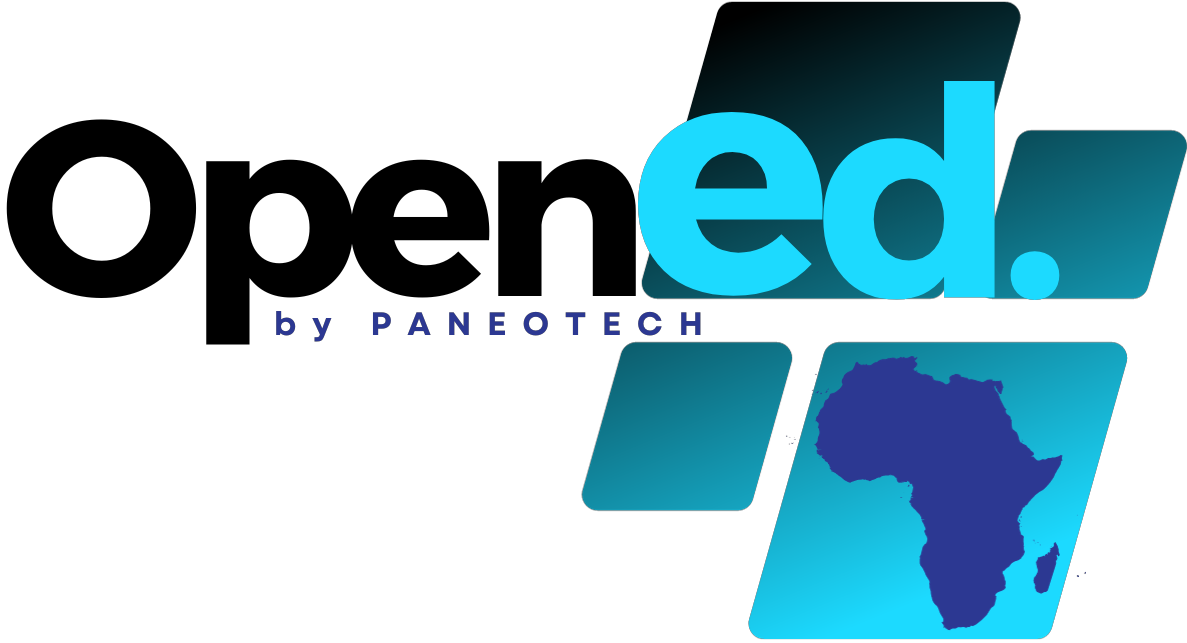In the ever-changing landscape of business, continuous learning is integral to achieving and sustaining success. Companies that prioritize employee development and tailored learning experiences often witness increased productivity, innovation, and overall business growth.
Here's how businesses can tailor learning initiatives for success:
1. Customized Training Programs: Tailoring training programs to address specific skill gaps within the organization ensures that employees receive relevant and impactful learning experiences. Customization allows businesses to align training content with their industry, company culture, and strategic goals.
2. Adaptive Learning Technologies: Leveraging adaptive learning technologies, powered by artificial intelligence, enables businesses to create personalized learning paths for each employee. These systems assess individual strengths and weaknesses, delivering targeted content to enhance skills efficiently.
3. Skill-Based Learning Tracks: Designing learning tracks based on specific job roles or skills needed for career progression allows employees to focus on acquiring expertise relevant to their roles. This targeted approach ensures that learning efforts directly contribute to professional growth and business objectives.
4. Collaborative Learning Platforms: Implementing collaborative learning platforms fosters a culture of knowledge-sharing and teamwork. Employees can engage in discussions, share insights, and collaboratively solve challenges, creating a dynamic learning environment that mirrors real-world business interactions.
5. Real-World Application: Integrating real-world case studies and scenarios into learning materials helps employees apply theoretical knowledge to practical situations. This approach enhances problem-solving skills and ensures that learning experiences resonate with the challenges employees face in their roles.
6. Continuous Feedback Mechanisms: Establishing continuous feedback mechanisms, such as regular assessments and performance reviews, allows businesses to gauge the effectiveness of learning initiatives. Feedback helps in refining and adjusting learning strategies to meet evolving business needs.
7. Leadership Development Programs: Offering tailored leadership development programs is crucial for preparing employees to take on leadership roles. These programs should address the unique challenges and responsibilities associated with leadership within the specific industry and organizational context.
8. Flexible Learning Formats: Recognizing that employees have diverse learning preferences, businesses should provide learning materials in various formats, including online courses, workshops, webinars, and interactive modules. This flexibility accommodates different learning styles and schedules.
9. Recognition and Rewards: Acknowledging and rewarding employees for their learning achievements creates a positive learning culture. Implementing a recognition system encourages continuous improvement and motivates employees to actively participate in learning initiatives.
10. Data-Driven Insights: Utilizing data analytics to gather insights into employee learning behaviors and performance allows businesses to make informed decisions. Data-driven insights help in refining learning strategies, measuring ROI, and ensuring that learning initiatives align with business objectives.
Tailoring learning for business success requires a strategic and holistic approach that considers the unique needs of the organization, its workforce, and the industry landscape. By investing in customized and impactful learning experiences, businesses can cultivate a skilled and adaptable workforce, contributing to sustained success in today's competitive environment.




.png)
